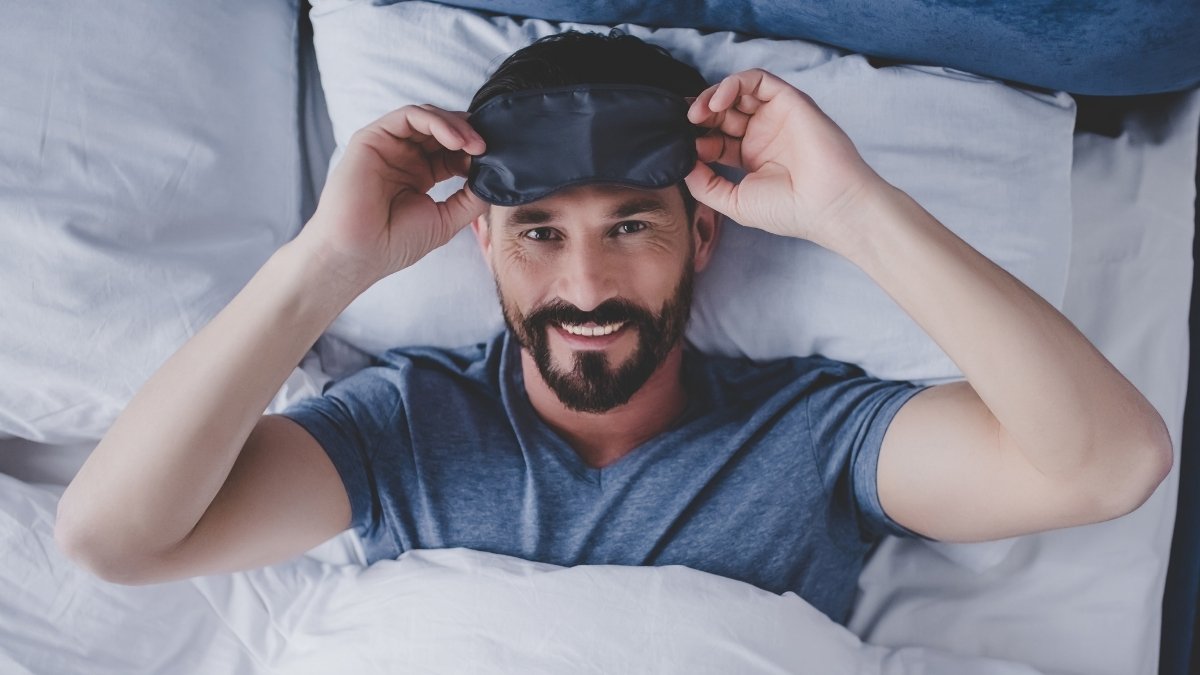What if the difference between a long, healthy life and premature death came down to something as simple as setting your alarm clock one hour earlier—or later?
You’ve heard conflicting advice. Some experts say 8 hours. Others claim 6 is enough. Your doctor says one thing. Your fitness app says another. Meanwhile, you’re juggling work deadlines, family time, and trying to have some life left over for yourself. Sleep keeps getting pushed to the bottom of the list.
But here’s what you might not realize: your current sleep pattern could be silently harming your health. That brain fog? The extra weight you can’t lose? Your rising blood pressure? They might all trace back to your pillow.
The science is clear. Seven hours of sleep is the optimal sleep duration for most adults. Not 5. Not 10. Exactly 7. Research shows this specific number has the biggest health benefits of sleep—from lower disease risk to longer life. The connection between sleep and mortality risk is stronger than most people think.
In this guide, you’ll learn why 7 hours matters, what happens when you miss that target, and how to actually get consistent, quality sleep starting tonight. No complicated systems. Just practical steps that work.
7 hours = 12-15% lower risk vs. other durations
What Happens When You Sleep Less Than 7 Hours
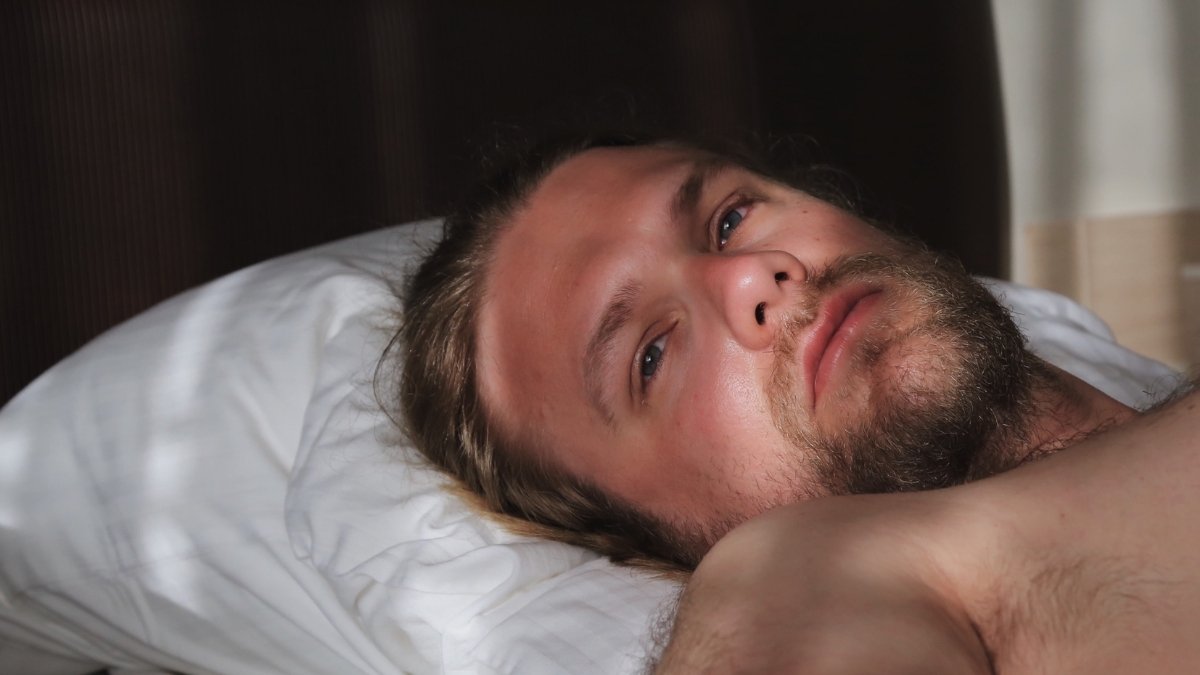
You hit snooze. Again. You stay up scrolling. You think you can get by on 5 or 6 hours. But here’s what your body is actually dealing with.
Your Heart Takes a Hit
Sleeping 5-6 hours regularly increases your heart attack risk by nearly half. That’s not a small bump. Research shows chronic sleep deprivation raises your cardiovascular disease risk by 48%. Your blood pressure stays higher. Your arteries get inflamed. And here’s why that matters: your heart never gets the recovery time it needs.
Your Brain Starts Slipping
Less than 7 hours of sleep increases your dementia risk by 30%. Studies link poor sleep directly to Alzheimer’s development. Your brain needs deep sleep to clear out toxic proteins. Without it, those proteins build up. Think of medical residents who work 24-hour shifts. Their performance drops. They make more mistakes. They can’t think as clearly. That’s what sleep deprivation does to everyone.
Your Immune System Weakens
Skip sleep, and your body can’t fight off infections. Inflammation markers go up. You get sick more often. You stay sick longer. The CDC reports that sleep-deprived people are three times more likely to catch a cold when exposed to the virus.
Your Weight and Metabolism Go Haywire
Here’s what happens to your hormones. Ghrelin (the hunger hormone) spikes by 15%. Cortisol (the stress hormone) jumps by 50% or more. You crave junk food. You eat more calories. Your body can’t process sugar properly. The health risks stack up: diabetes, obesity, and metabolic syndrome all become more likely.
Your Mental Health Suffers
Sleep deprivation and depression feed each other. You’re irritable. You can’t handle stress. Small problems feel huge. People who consistently sleep less than 7 hours are twice as likely to develop depression.
The Bigger Picture
The CDC links sleep deprivation to 100,000 accidents each year. Drowsy driving kills. Workplace mistakes increase. Your sleep and mortality risk are directly connected. Getting less than 7 hours isn’t just making you tired. It’s actually shortening your life.
You don’t need to be perfect. But you do need to take this seriously. Seven hours isn’t a suggestion. It’s what your body requires to function.
Why Sleeping More Than 7-8 Hours May Be Harmful
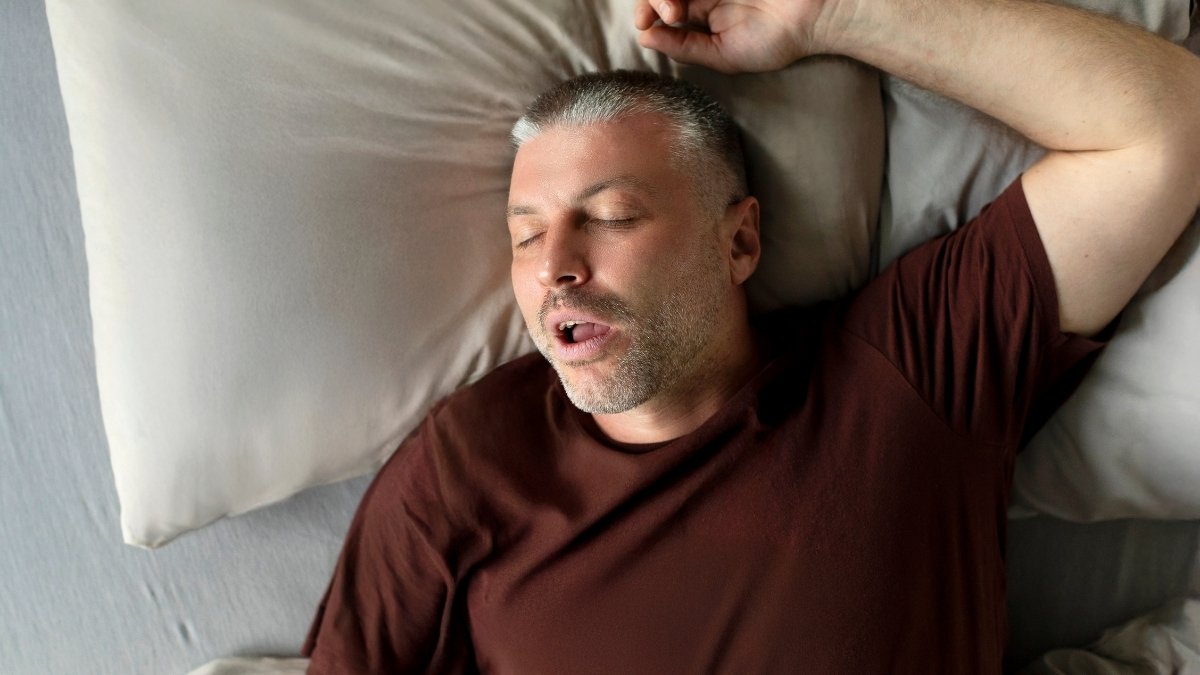
More sleep sounds good, right? But here’s the catch: adults sleeping 9+ hours show a 30% higher mortality risk. That’s a real problem.
Is Oversleeping the Cause or a Warning Sign?
Scientists are still debating this. Some think too much sleep directly harms your health. Others believe it’s a red flag for something else going on. Here’s what we know: people who regularly sleep 9 or more hours have higher inflammation markers. Their C-reactive protein levels are elevated. That’s a sign of chronic inflammation in the body.
But it gets tricky. Are they sleeping more because they’re already sick? Or is the extra sleep making them sick? The honest answer is we’re not totally sure yet.
What Medical Conditions Cause Excessive Sleep
Sometimes oversleeping signals an underlying problem. Depression makes people want to stay in bed longer. Sleep apnea causes poor quality sleep, so you need more hours to feel rested. Heart disease, diabetes, and thyroid problems can all make you sleep more. If you’re suddenly needing 10+ hours, talk to a doctor.
The Depression Connection Goes Both Ways
Depression makes you sleep more. But sleeping too much can also worsen depression. It’s a cycle. You feel bad, you sleep more, you feel worse. Your body’s internal clock gets confused. Your energy drops even more.
Why 7 Hours of Sleep Is the Sweet Spot
Your body has an optimal sleep duration. Think of it like Goldilocks. Too little is bad. Too much is also bad. Seven hours (or up to 8 for some people) is just right. Research on sleep and health keeps pointing to this range as the healthiest.
The “just right” principle applies here. Your body needs enough time to repair itself. But sleeping too long can actually increase inflammation and mess with your metabolism.
What You Should Do
If you’re regularly sleeping 9+ hours and still feel tired, something’s wrong. Don’t assume more sleep is better. It might be time to check what’s really going on.
The Health Benefits of Sleeping Exactly 7 Hours
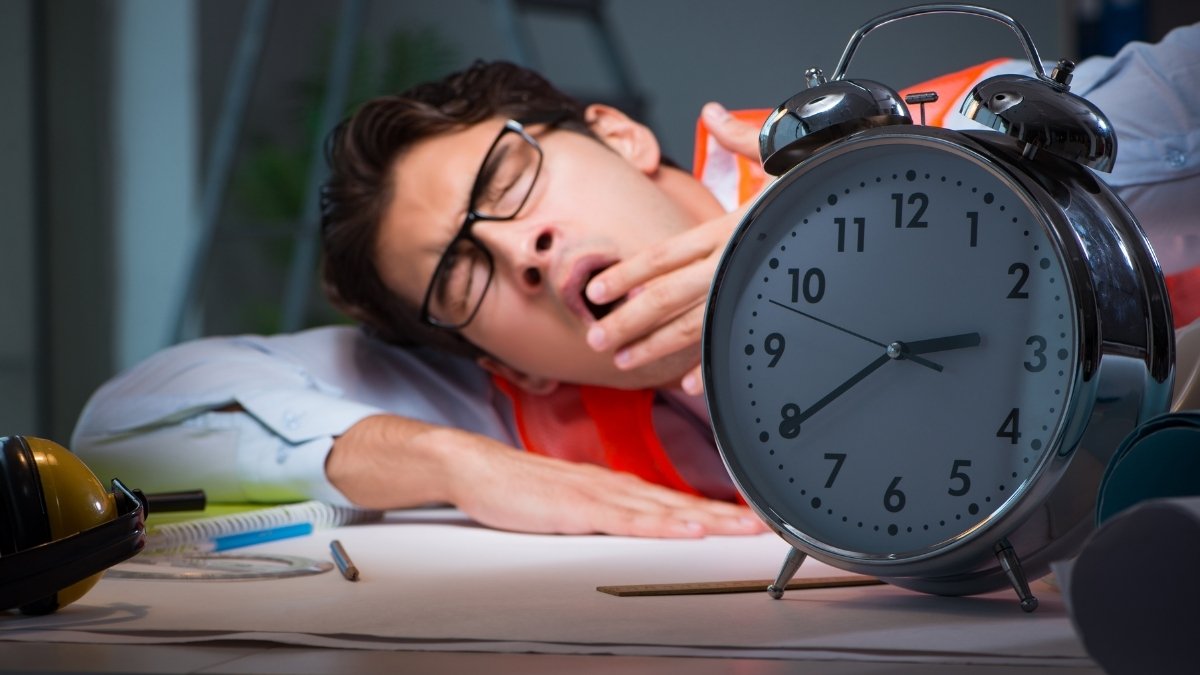
You want to feel better. Think clearer. Have more energy. The answer might be simpler than you think: 7 hours of sleep.
Your Brain Works Better
Memory consolidation improves by 40% when you get the right amount of sleep. Here’s what happens. Your brain sorts through everything you learned that day. It files away important information. It throws out what you don’t need. At 7 hours of sleep, this process works at peak efficiency. You remember more. You learn faster. You make better decisions.
Your Heart Gets the Rest It Needs
Blood pressure drops by 10-15% during quality sleep. That’s huge for your cardiovascular system. Your heart rate slows down. Your blood vessels relax. Inflammation goes down. This is when your body repairs damage to your arteries and heart tissue. Seven hours gives your heart enough time to complete this repair work without overdoing it.
Your Immune System Hits Its Stride
At 7 hours of sleep, your immune system produces optimal cytokines. These are proteins that fight infection and inflammation. Too little sleep, and you don’t make enough. Too much sleep, and inflammation markers actually go up. The health benefits of sleep show up most clearly in this sweet spot.
Your Metabolism Runs Smoothly
Studies on metabolic health show insulin sensitivity improves dramatically at this optimal sleep duration. Your body processes sugar better. You crave less junk food. Your hunger hormones balance out. People who consistently get 7 hours of sleep have an easier time maintaining a healthy weight.
Your Mental Health Stabilizes
You handle stress better. Small problems don’t feel overwhelming. Your mood stays more even throughout the day. The connection between sleep and health is especially strong here. Seven hours gives your brain time to regulate emotions and reset your stress response.
Real-World Example
Take Sarah, a 34-year-old who used to sleep 5-6 hours. She was foggy at work. She got sick constantly. She gained 15 pounds in a year. Then she committed to 7 hours. Within three weeks, her focus improved. After two months, she stopped getting every cold going around. Six months in, she’d lost the weight without changing her diet much.
Why This Number Works
Seven hours isn’t random. It’s what your body actually needs to complete all its repair cycles. Your brain needs time to clean out waste. Your immune system needs time to recharge. Your heart needs time to recover.
You don’t need supplements or complicated routines. Just 7 hours of sleep consistently. That’s the real health benefit.
Common Obstacles to Getting 7 Hours of Quality Sleep

You know you need 7 hours of sleep. But you’re not getting it. Here’s what’s actually stopping you.
The “I’ll Sleep When I’m Dead” Work Culture
35% of American adults sleep less than 7 hours. Many wear it like a badge of honor. Your boss stays late, so you stay late. You think sleeping less makes you more productive. It doesn’t. This myth is causing widespread sleep deprivation.
Your Phone Is Killing Your Sleep
The average person spends 3+ hours on screens in the 2 hours before bed. Blue light tricks your brain into thinking it’s daytime. Your melatonin production drops. You scroll through social media, and suddenly it’s midnight. Those sleep problems start way before you actually lie down.
That Afternoon Coffee Is Still Working
Caffeine has a half-life of 5-6 hours. Drink coffee at 3 PM, and half of it is still in your system at 9 PM. You think you can handle it. But your sleep quality tanks. You might fall asleep, but you won’t stay asleep or get deep rest.
Your Brain Won’t Shut Off
Stress and racing thoughts are huge barriers. Work deadlines. Money worries. That argument you had. Your mind replays everything the moment your head hits the pillow. And here’s why that matters: stress hormones stay elevated, making it physically harder to fall asleep.
Weekend Sleep Revenge Backfires
You sleep 6 hours during the week. Then 10 hours on Saturday. Scientists call this “social jet lag.” Your body’s internal clock gets confused. Studies show people who shift their sleep schedule by just 2 hours on weekends have worse sleep quality all week long. You’re basically giving yourself jet lag without leaving home.
The Bottom Line
These obstacles are real. But they’re also fixable. You can’t control everything, but you can control your caffeine timing, your screen use, and your sleep schedule. Start with one obstacle. Fix that. Then move to the next.
How to Consistently Get 7 Hours of Sleep Every Night
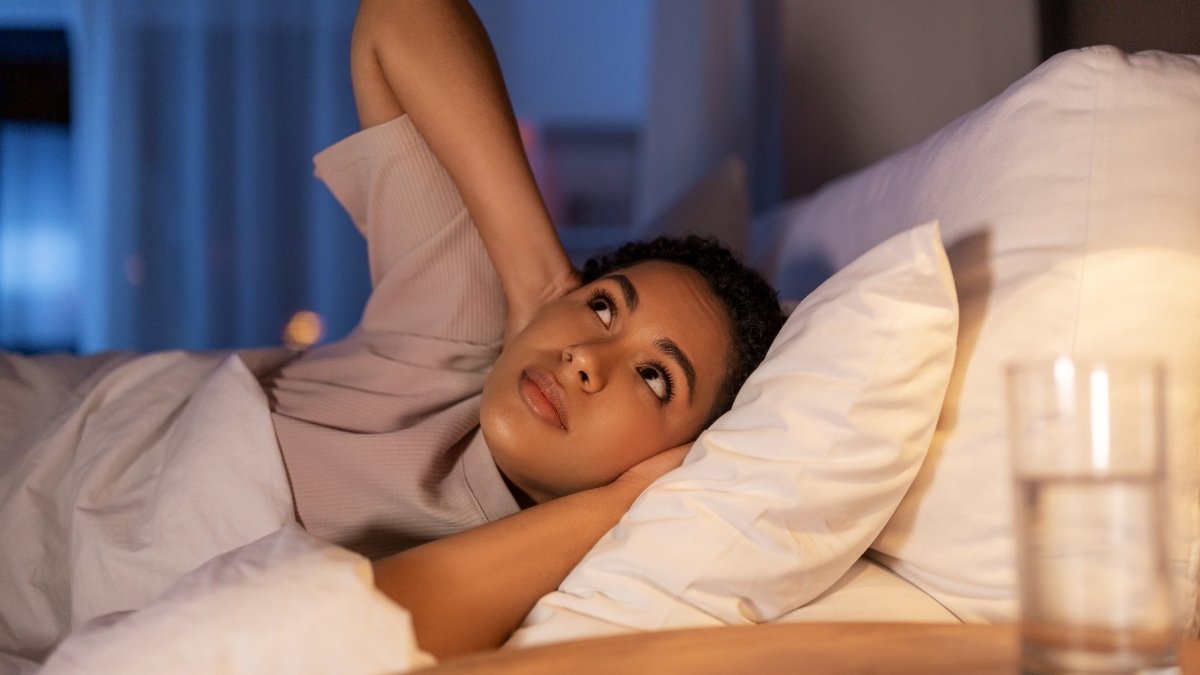
You want better sleep. Here’s how to actually make it happen.
Do the Math on Your Bedtime
Start with when you need to wake up. If you wake at 6 AM, you need to be asleep by 10:30 PM. Not in bed scrolling. Actually asleep. Give yourself 30 minutes to fall asleep. That means lights out at 10 PM. This is your non-negotiable number for hitting that optimal sleep duration.
Build Your Wind-Down Routine
Start 60 minutes before bed. Here’s what works:
9:00 PM – Put your phone on the charger in another room. 9:15 PM – Dim the lights. Take a warm shower. 9:30 PM – Read a book or do light stretching. 9:45 PM – Get in bed. Keep the room dark.
Your brain needs time to shift gears. You can’t go from bright screens to deep sleep instantly.
Fix Your Sleep Environment
The ideal room temperature is 60-67°F. Cooler is better for sleep quality. Make your room completely dark. Use blackout curtains or an eye mask. Block out noise with earplugs or a white noise machine. Your mattress matters too. If it’s over 8 years old, it’s probably hurting your sleep.
Same Time Every Day (Yes, Even Weekends)
This is the hardest part. Go to bed at the same time every night. Wake up at the same time every morning. Weekends included. Your body runs on a clock. Changing that clock messes with your sleep hygiene. Even a 2-hour shift on Saturday creates problems all week.
Smart Napping Rules
If you need a nap, keep it short. 20-30 minutes max. Nap before 2 PM. Later naps steal from your nighttime sleep. But honestly, if you’re getting 7 hours of sleep at night, you probably won’t need naps.
Track Your Progress
Apps like Sleep Cycle or your phone’s built-in sleep tracker can help. They show patterns. You’ll see what’s working and what’s not. But don’t obsess over the data.
When to Get Medical Help
See a doctor if you:
- Can’t fall asleep for more than 30 minutes most nights
- Wake up gasping or choking
- Snore loudly every night
- Feel exhausted despite getting 7 hours
- Have been trying these tips for 3 weeks with no improvement
These are red flags for sleep disorders like apnea or insomnia. Don’t ignore them.
Start Tonight
Pick one thing from this list. Just one. Master it this week. Then add another. You don’t have to fix everything at once. But you do need to start.
CONCLUSION
The evidence is clear: 7 hours of sleep is the optimal sleep duration for most adults. Not 5. Not 10. Seven. Too little sleep increases your risk of heart disease, diabetes, and early death. Too much sleep shows similar risks. The sweet spot protects your health.
Here’s what matters most: consistency beats perfection. One amazing 9-hour night won’t fix weeks of sleep deprivation. But seven straight nights of 7 hours will change how you feel. The health benefits of sleep are real and measurable. Sleep isn’t a luxury. It’s as critical as what you eat and how much you move.
Start tonight: Calculate your ideal bedtime based on when you need to wake up. Set a reminder alarm 60 minutes before bed to start your wind-down routine. Commit to 7 nights of 7 hours of sleep. Write down how you feel each morning—your energy, your mood, your focus.
Track the changes. You’ll notice them faster than you think. Your future self will thank you.

